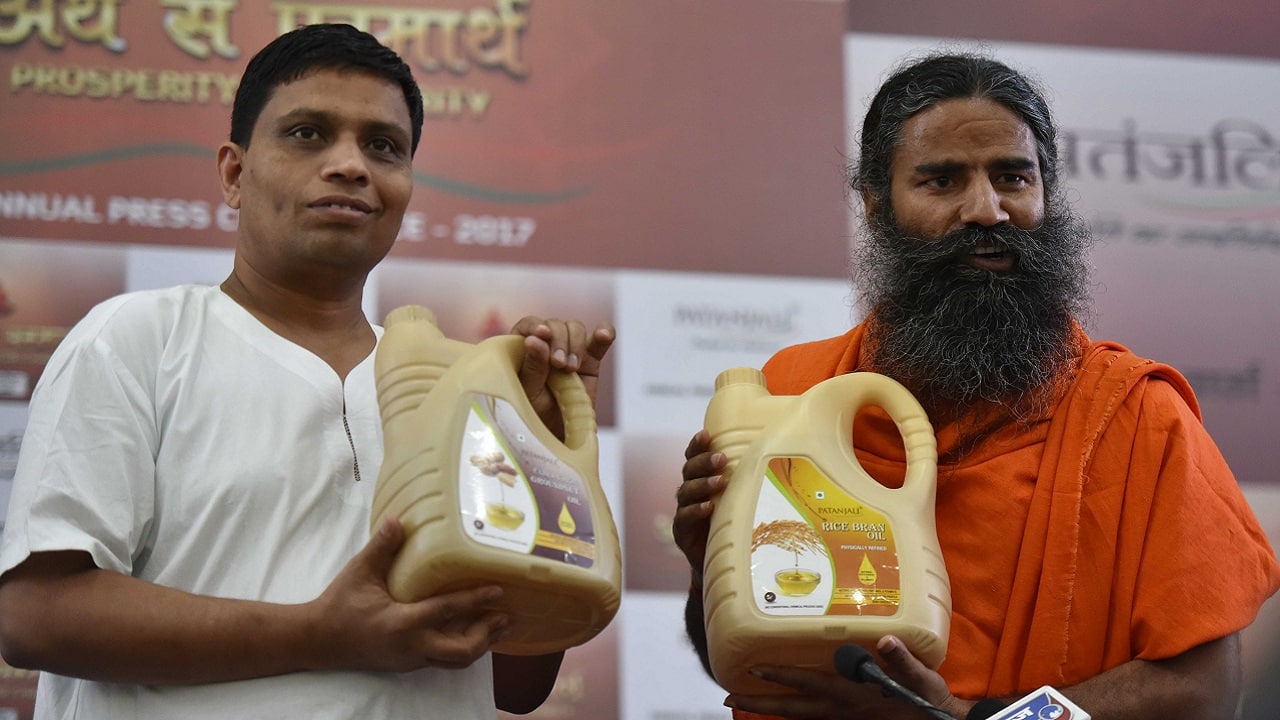78% Indian consumers surveyed have low trust in advertisements; Want CCPA to regulate advertising in place of industry body ASCI
- ● 25% consumers surveyed have zero trust in advertisements; 53% have low trust
- ● 84% consumers surveyed have come across several misleading ads by celebrities and 32% have come across few of them in the last 12 months
- ● 73% of consumers surveyed want a change in regulator

Aug 12, 2024, New Delhi: A few months back, the Supreme Court mandated all companies to submit a self-declaration form before advertising any product. The order which came into effect from June 18, requires the companies to fill a self-declaration form confirming that their advertisements do not contain any misleading claims. The apex court has also asked influencers and celebrities to endorse products with a sense of responsibility. As a result, the Ministry of Consumer Affairs is reportedly working on bringing in a unified system to tackle consumer complaints against misleading advertisements.
The Supreme Court order comes in the backdrop of the ongoing case against Baba Ramdev, co-founder of Patanjali Ayurveda, and Acharya Balkrishna, managing director of Patanjali, over alleged misleading advertisements. The SC had issued a contempt notice against them in February for violating the order against misleading advertisements of its products claiming cure for some diseases and criticizing the allopathy branch of medicines. Further in April, Patanjali was ordered to take down all misleading advertisements including those online. The SC order on Indian Medical Association’s (IMA) plea regarding 'misinformation against Allopathy', had not only restrained Patanjali from advertising its medicinal products till further order but also criticized Ramdev and Balkrishna for their "absolute defiance" in failing to submit proper affidavits of compliance and for disregarding legal directives. The Court, which had earlier rebuked Patanjali's MD for describing the Drugs and Cosmetics (Magic Remedies) Act as "archaic", was also upset that Patanjali issued a statement to media before filing an affidavit in the court.
Misleading advertisements touched a new peak during the pandemic with so many brands claiming to protect consumers from the COVID virus or boosting immunity. From mattresses to multivitamins and from hand sanitizers to even readymade clothing, even many household brands misled the consumer. On top of that, this period saw rise of the digital influencers, most of who were promoting a brand but would refrain from declaring it transparently. With limited action from the self-regulating body ASCI and the Government, the misleading advertisements and influencer media have continued post pandemic as well and this has led to significant reduction of trust of consumers in advertisements.
LocalCircles through a national survey attempted to understand from consumers about the current levels of trust they have in advertisements and the collective consumer pulse on misleading advertisements. The survey, received over 37,000 responses from consumers located in 312 districts of India. 67% respondents were men while 33% respondents were women. 47% respondents were from tier 1, 33% from tier 2 and 20% respondents were from tier 3 & 4 districts.
73% of consumers surveyed have low levels of trust in advertisements

The survey first asked consumers, “What is your trust level in different forms of media – print, TV, radio, digital?” The query received 12,810 responses out of which 73% or almost 3 out of 4 respondents indicated that they have low levels of trust in advertisements. The data shows that no one has high levels of trust in advertisements, instead 25% of respondents have “zero” trust; 53% have “low” trust and 20% have “average” trust and 2% opted for “can’t say”. In essence, 73% of consumers surveyed express they have low levels of trust in advertisements.
84% of consumers surveyed say they have come across advertisements by celebrities in the last 12 months which they later found to be misleading or false

As celebrities and influencers are often used to promote goods and services right from mundane soaps to construction materials to insurance cover or even government policies and schemes, the survey next asked consumers, “In the last 12 months, have you come across advertisements by a celebrity which you later discovered to be misleading or false”. The query received 12,341 responses out of which 84% indicated that they have come across at least a few advertisements endorsed by celebrities in the last 12 months which they later found to be misleading. The data shows 52% have come across “several” of such misleading advertisements and 32% have come across “few of them”. However, only 6% denied having come across any misleading ads and 10% gave no clear response and opted for “can’t say”. To sum up, 84% of consumers surveyed say they have come across advertisements by celebrities in the last 12 months which they later found to be misleading or false.
73% of respondents want that advertisement industry should be regulated by a body like CCPA

Misleading advertisements continue to be regulated through industry body ASCI and complaints are also filed with Broadcast Seva, Press Council of India and the National Consumer Helpline. The survey sought consumers’ views on “How can the regulation of misleading ads be made more effective?” The query received 12,434 responses with 73% indicating that regulation of misleading ads can be made more effective by transitioning the responsibilities from the industry body ASCI to the regulator Central Consumer Protection Authority (CCPA). The data shows 73% of respondents want that advertisement industry should be regulated by a body like CCPA; 11% feel that the advertisement industry body ASCI is “already effective and the current self-regulation system should continue”; 6% feel that “advertisements should not be regulated at all”; and 10% of respondents opted to reserve their comment to indicate “can’t say”.
To sum up, advertisement being a powerful medium whether through radio, print media, television or digital media, and given the varying degree of bad experience of a majority of consumers surveyed, the government needs to step in and ensure some sort of accountability for misleading or misinforming the public. The government also needs to take into consideration that 73% of consumers want a change in regulator and that 84% of respondents have noticed several instances of misleading ads with celebrities and that clearly explains the low levels of trust and the ineffectiveness of the regulators currently responsible. As the Government proposes a unified system, clearly the consumer protection regulator needs to be responsible and accountable for the guidelines and their enforcement according to consumers.
LocalCircles will escalate the findings of this survey to the key stakeholders for action.
Survey Demographics
The survey received over 37,000 responses from consumers located in 312 districts of India. 67% respondents were men while 33% respondents were women. 47% respondents were from tier 1, 33% from tier 2 and 20% respondents were from tier 3 & 4 districts. The survey was conducted via LocalCircles platform and all participants were validated citizens who had to be registered with LocalCircles to participate in this survey.
Also Featured In:
About LocalCircles
LocalCircles, India’s leading Community Social Media platform enables citizens and small businesses to escalate issues for policy and enforcement interventions and enables Government to make policies that are citizen and small business centric. LocalCircles is also India’s # 1 pollster on issues of governance, public and consumer interest. More about LocalCircles can be found on https://www.localcircles.com
For more queries - media@localcircles.com, +91-8585909866
All content in this report is a copyright of LocalCircles. Any reproduction or redistribution of the graphics or the data therein requires the LocalCircles logo to be carried along with it. In case any violation is observed LocalCircles reserves the right to take legal action.








